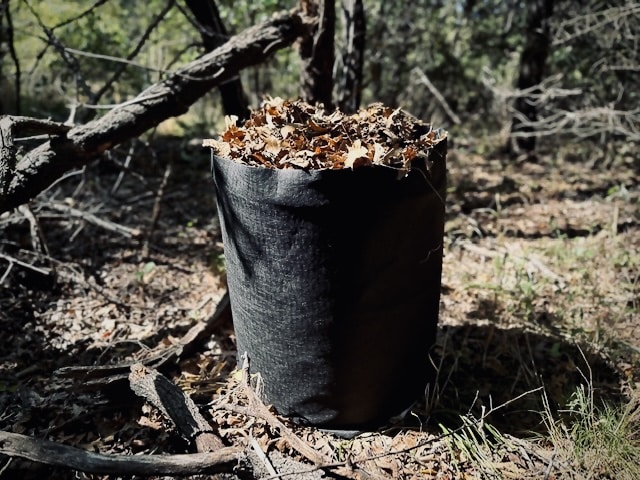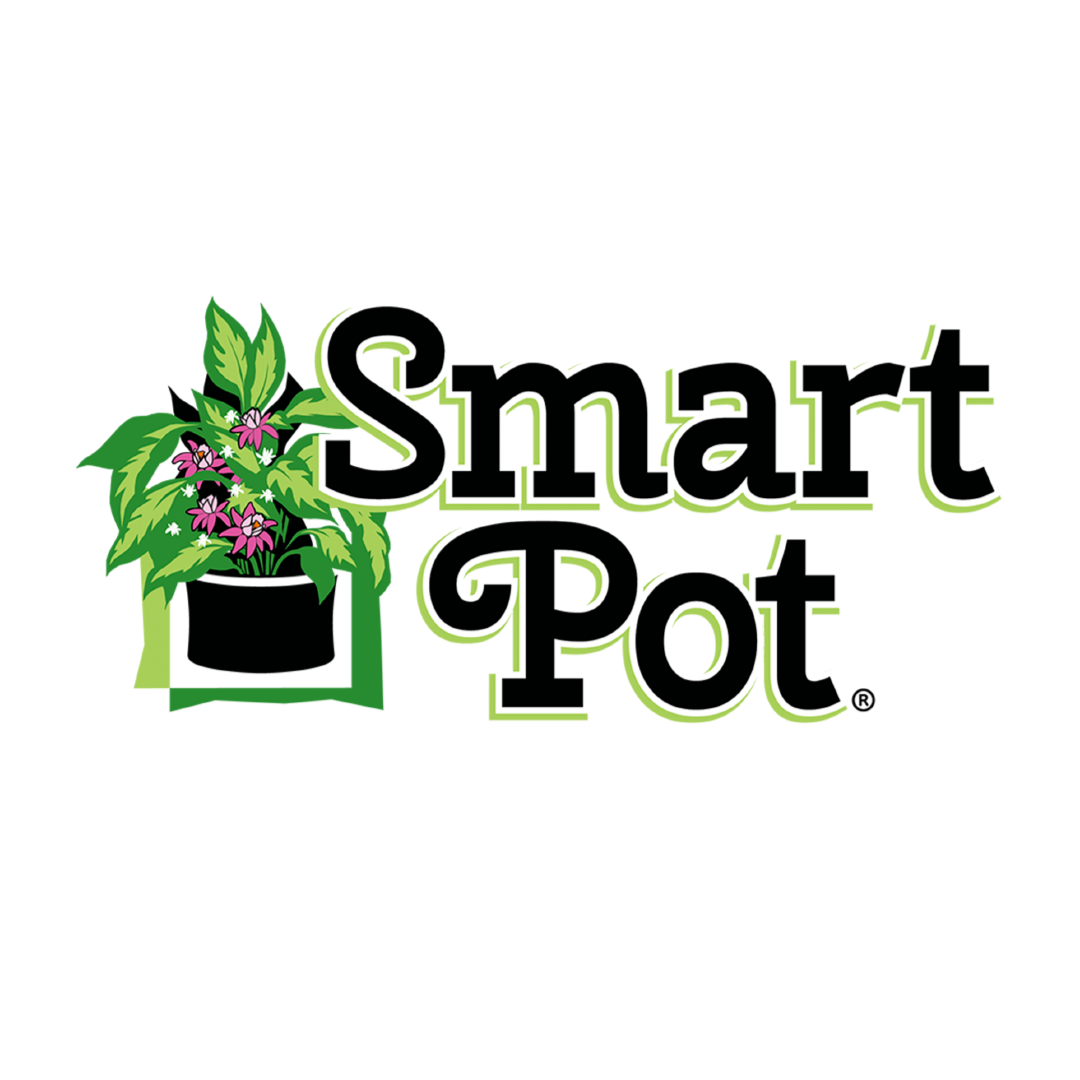In 2016, The CA State Legislature, as a part of SB 1383, updated state law regarding mandatory composting. The program will mandate the composting of organic waste by residential and commercial businesses. The biggest challenge faced will be from restaurants and grocery stores, but regular folks are going to have some decisions to make, soon. The law is supposed to be fully enforced by the start of 2024. Californians should start to learn what is coming down the pipeline, and Smart Pot® is here to help!
A Push For compliance
As a motivator for compliance, the State of California has a fine/penalty system that will be implemented. The City of Los Angeles has said that municipal “ambassadors” will monitor the various bins for non-compliance and will levy fines ranging from $50-100 for the first few infractions, up to $500 fines. We can imagine that this system is going to be fairly confusing for the average homeowner, and considering that so many California residents live in apartments or small townhomes, composting can be a challenge. It seems that landlords will be required to distribute some way for residents to store and dispose of their composted materials. Unfortunately, composting of meats and dairy products can be problematic due to the increased attraction of flies and potential for toxic bacteria development. Though it is possible to compost meat products, it is generally not an accepted practice, even among hardcore gardeners. California residents should be prepared for an overall explosion of flies, if meats are widely composted.
Is Composting good?
Composting is most definitely a good thing for us. By composting, you are diverting a percentage of your solid waste from the landfill. Just think about how much mass is just piled on top of itself at a landfill pile. Organic matter doesn’t break down without oxygen, which doesn’t easily penetrate those huge landfill piles or pits. Organic matter might take years or decades to decay.
Composting at Home
For the average homeowner, your organic composting materials are a potential gardening gold mine! Following a simple protocol, and with the help of a Smart Pot- Compost Sak, composting can be easier and faster. Our Compost Sak comes in 2 size options: 100 gal and the 50-gal Urban Compost Sak.

What does it take to compost?
Composting is largely dependent on oxygen exposure to the decaying matter. That is the main thought process behind “turning” your composting materials and stirring them up to bring materials from the bottom, more to the top. This can be accomplished using a pitchfork, or specialized composting aeration tools.
Composting With Smart Pot® Compost Sak
A Smart Pot Compost Sak takes the aeration concept to the next level, while keeping your composting materials neatly contained in our ultra-porous, and ultra-durable fabric composting container. We use the same, USA made fabric from the popular Smart Pot planters, and made the Compost Sak, which is more tall than wide. They also come with a fitted plastic cover to keep out pests. We still do recommend “turning” your Compost Sak matter every couple of weeks.
Managing your compost
It is also a good idea to “water your compost” every 1-2 weeks to help in the breakdown process. However, it is possible to overwater compost in a rigid sided container, as pockets of water may form causing anaerobic pathogens to develop. A Smart Pot Compost Sak does not have this drainage problem, as water can drain from all sides. Even in a Compost Sak, once a week is fine.
Using your compost at home
By allowing air circulation to your composting matter, it breaks down more rapidly. In 8-10 weeks, you will have useable compost which will be perfect for fertilizer for your garden or landscaping plants. This is roughly half of the time for other composting bins.
Even if you only have turf grass, composted matter will feed the microbes in your lawn. It will become thicker, healthier and more drought tolerant. Spread it out evenly or use it to level out dips in your lawn.
Should you compost?
The detractors of composting will say that it is stinky and attracts insects. As for the smell, don’t compost meat or dairy products to eliminate most of the bad odor of composting. An easy way to greatly discourage flies in the composting process is to follow the 3:1, Brown: Green waste layering method. Start with around 3” of brown compost (leaves, needles, bark, woody materials) at the bottom of the Compost Sak, then, layer 1” of green compost), and then cover with a thin layer of brown compost matter. After every layer of green compost, toss another layer of brown on top. The fitted plastic cover of the Compost Sak will also help.
Even though composting will soon be mandatory in California, it doesn’t have to be a messy, stinky ordeal. There are many composting container options, but none matches the affordability and performance as the Smart Pot Compost Sak. These can be purchased through your local garden center, or online retailers including smartpots.com















